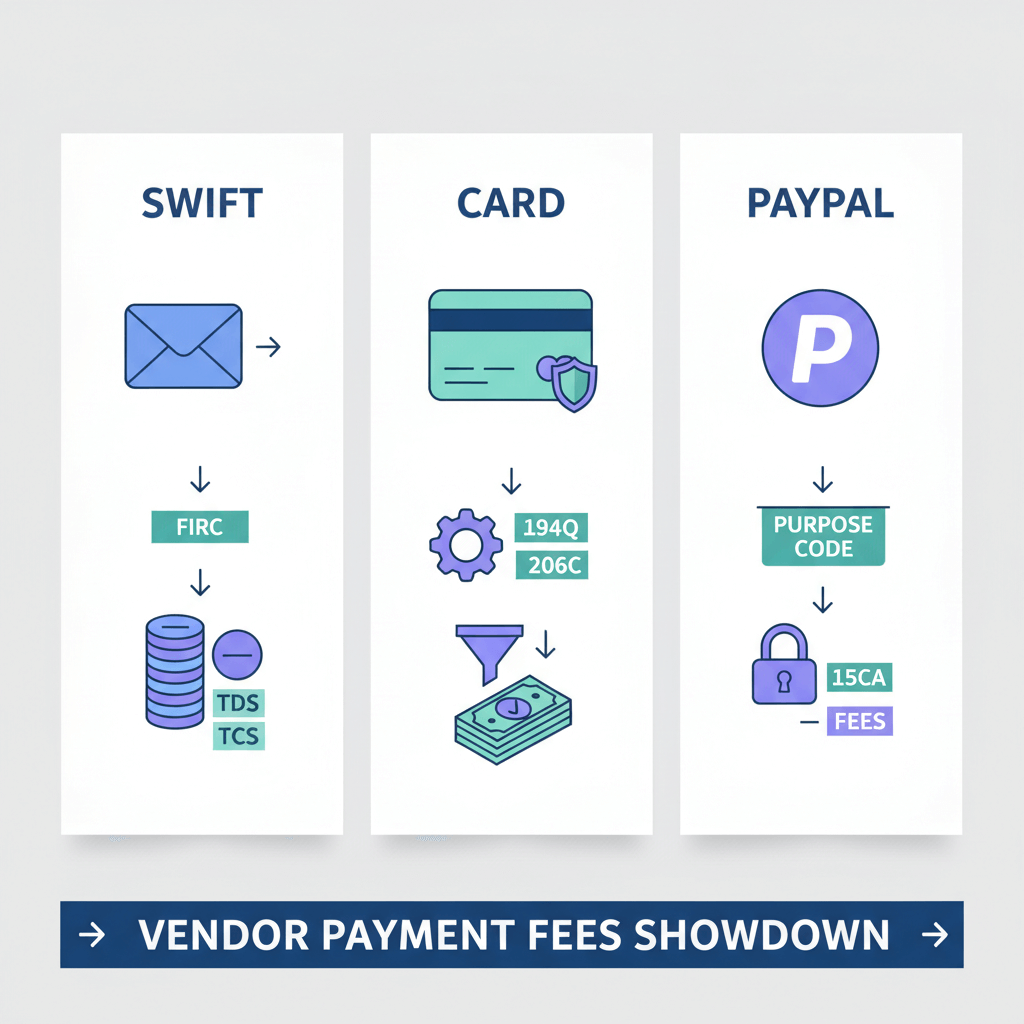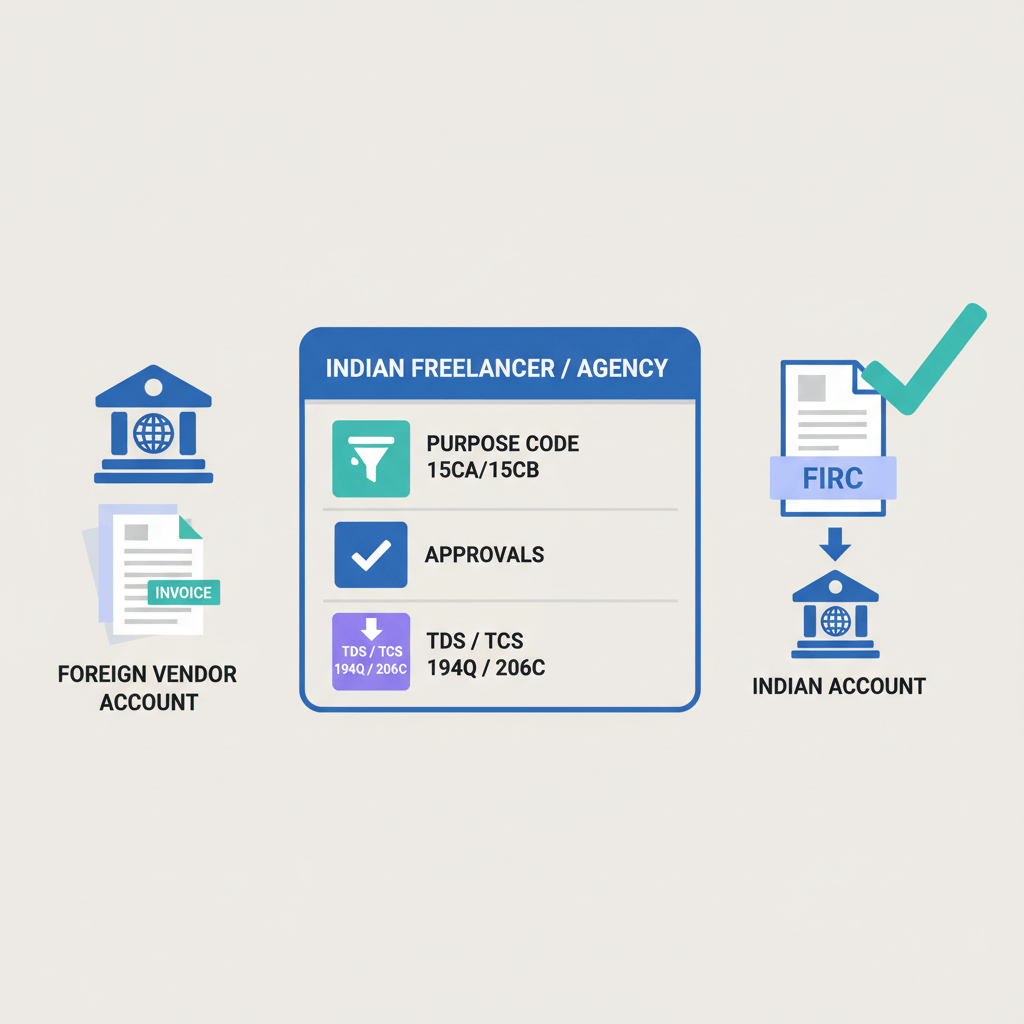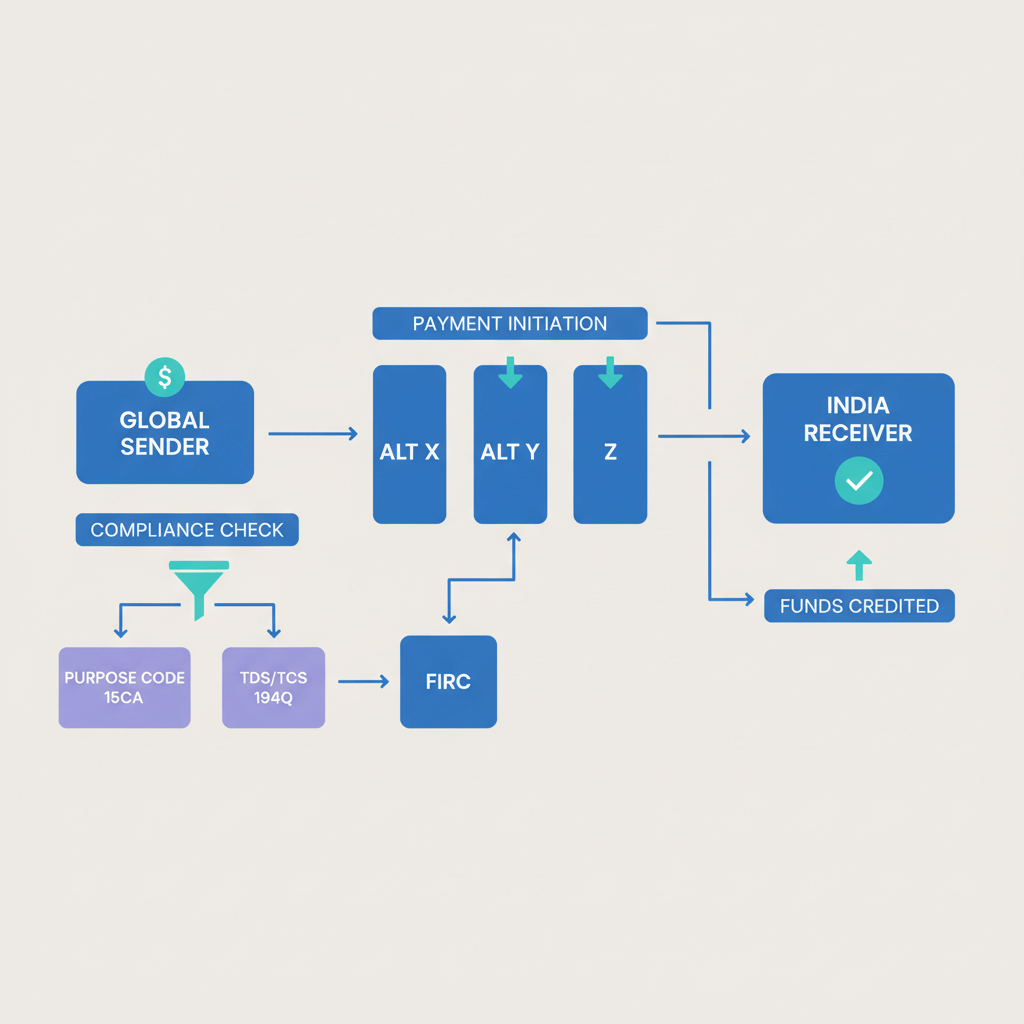FX (Foreign Exchange) payment meaning can take different forms in banking if we talk about Fx trading vs Fx payments for international trade.
But one commonality is that primarily Fx payments involve trading currencies all around the world. It's really important for making international trade and deals between countries.
To put it simply, it means changing one type of money, like dollars, into another, perhaps euros, especially when you're dealing with people from different countries.
This process is super important for both businesses and personal remittances, making sure money across borders works well.
But how do Fx payments work?
Read on …
How do FX Payments Work?
FX payments work by changing your money into the currency of another country. Imagine you want to buy something from a different country, but they use a different type of money. To make the purchase, your money needs to be switched into the money they use. This switching process is what we call an FX payment.
Here's an example: Let's say you're in the United States and you want to buy something from Japan. The seller in Japan wants to be paid in Japanese Yen. So, when you make the payment, your dollars get changed into Japanese Yen at the current exchange rate.
This whole thing involves banks and financial institutions. They help with the switching of your money and make sure the right amount is transferred between you (the buyer) and the seller. Exchange rates can go up and down, meaning the value of the different types of money can change. This affects how much of one money you'll get when you exchange it for another.
In simple terms, FX payments are like a language that lets countries trade with each other. They include turning one type of money into another to make international buying and selling easier. This way, both the buyer and the seller get the correct amount of money in their types of currency.
Current Challenges with Forex Payments
Exchange Rate Volatility: The fluctuation of exchange rates poses a continuous challenge for Forex payments. Sudden and unpredictable changes in currency values can impact the cost of transactions and create uncertainty for businesses and individuals engaged in international trade.
Transaction Costs: Forex transactions often involve various fees, including conversion fees and intermediary charges. Managing and understanding these costs is crucial for businesses to optimize their international financial activities.
Regulatory Compliance: Adhering to diverse international regulations and compliance standards is a complex task. Different countries may have distinct regulatory requirements for Forex transactions, necessitating careful navigation to ensure legal and smooth cross-border transactions.
Payment Processing Time: The time it takes to process Forex payments can vary. Delays may occur due to factors such as different time zones, banking hours, and processing times within financial institutions, potentially affecting the speed of international transactions.
Risk of Fraud: The global nature of Forex transactions makes them susceptible to fraudulent activities. Cybersecurity threats, including phishing and hacking attempts, pose risks to the security of financial information during payment processes.
Liquidity Issues: Converting large sums of money into another currency may impact market liquidity. This can be a concern for entities engaged in substantial Forex transactions, potentially affecting the execution of trades at desired prices.
Limited Transparency: Despite efforts to enhance transparency, some aspects of the Forex market may still lack clarity. Pricing mechanisms and information flow may not always be readily available, making it challenging for participants to make well-informed decisions.
Technology and Infrastructure: Outdated or inefficient technological infrastructure can hinder the seamless execution of Forex payments.
Cross-Border Restrictions: Some countries impose restrictions on the movement of capital or have specific limitations on Forex transactions. Navigating these restrictions is crucial for businesses engaged in cross-border trade.
Growth Of FX Payments Post Pandemic
Globalization of Trade: As businesses expand their reach beyond domestic borders, the volume of international trade continues to rise. FX payments facilitate cross-border transactions, allowing businesses to engage in global commerce and tap into new markets.
Diverse Payment Options: Consumers and businesses increasingly expect a variety of payment options. FX payments enable the flexibility to transact in different currencies, accommodating diverse customer preferences and providing a competitive edge in the global marketplace.
Expansion of Multinational Corporations: Multinational corporations operate across various countries, each with its currency. Efficient FX payments are crucial for these corporations to manage finances, transfer funds between subsidiaries, and conduct day-to-day business operations on a global scale.
Remittances and International Transfers: With an expanding global workforce, the need for international remittances and fund transfers has grown. FX payments play a vital role in enabling individuals to send and receive money across borders, supporting families and businesses worldwide.
Risk Management and Hedging: Businesses engage in FX transactions not only for operational purposes but also for risk management and hedging strategies. FX payments allow businesses to mitigate the impact of currency fluctuations, reducing financial risks associated with international trade.
Emerging Markets and Investment Opportunities: Investors are increasingly exploring opportunities in emerging markets. FX payments enable the seamless movement of capital across borders, supporting international investment and diversification of portfolios.
Technological Advancements: Innovations in financial technology (FinTech) have revolutionized the FX payments landscape. Digital platforms, blockchain technology, and real-time settlement systems contribute to faster, more secure, and cost-effective FX transactions.
Central Bank Digital Currencies (CBDCs): Some central banks are exploring or implementing digital currencies. The potential introduction of CBDCs could further impact the FX payments landscape, offering new opportunities and challenges in the realm of cross-border transactions.
COVID-19 Pandemic Impact: The global pandemic has accelerated the adoption of digital transactions and remote business operations. FX payments, being an integral part of international business, have adapted to support the changing dynamics of remote work and digital commerce.
Types of FX Payments in India
In India, various types of FX (foreign exchange) payments are utilized to facilitate international trade, investments, and financial transactions. Here are some common types:
Trade Payments:
Imports: Indian businesses use FX payments to settle payments for goods and services imported from other countries.
Exports: FX payments are employed to receive payments in foreign currency for goods and services exported from India.
Investment and Capital Transactions:
Foreign Direct Investment (FDI): Indian companies receive foreign capital through FX payments when foreign investors make direct investments in their operations.
Foreign Portfolio Investment (FPI): Investors make FX payments to buy and sell Indian securities in the financial markets.
Remittances:
Inward Remittances: Individuals receive FX payments from foreign sources, such as family members working abroad or as part of personal investments.
Outward Remittances: Individuals and businesses in India make FX payments to foreign beneficiaries for various purposes, including education, travel, and investments.
Loan Repayments:
Indian entities that have borrowed funds in foreign currencies make FX payments to repay loans and interest to international lenders.
Hedging Transactions:
Businesses engage in FX payments as part of hedging strategies to mitigate currency risks associated with international trade and investments.
Merchant Payments:
E-commerce platforms and businesses in India make FX payments to international merchants for purchasing goods, services, or licenses.
Travel and Tourism:
Individuals traveling abroad or engaging in international tourism make FX payments for expenses such as accommodation, transportation, and meals.
Treasury Operations:
Banks and financial institutions engage in FX payments as part of their treasury operations, including buying and selling currencies, managing liquidity, and participating in the foreign exchange market.
Government Transactions:
The Indian government engages in FX payments for various purposes, including repaying international loans, conducting foreign trade, and managing foreign exchange reserves.
Technology and Software Payments:
Indian businesses make FX payments for licensing fees, software purchases, and other technology-related transactions involving international vendors.
FAQ’s
Are FX International payments closing?
There is no indication that FX international payments are closing in India. India continues to actively engage in foreign exchange transactions and international payments,
What is FX International Wire?
"FX International Wire" is similar to sending money to another country. You tell your bank how much you want to send and who should get it. The bank then changes your money into the other person's money using the exchange rate and sends it to their bank account.
Do Some Currencies Have Special Requirements?
There are certain restrictions :-
Capital Controls: China imposes strict controls on capital outflows to maintain financial stability. Businesses face limitations on transferring large sums of money out of the country, affecting international transactions.
Regulatory Compliance: The European Union has specific regulations governing transactions involving the Euro (EUR). Businesses engaging in Euro-denominated transactions need to adhere to EU regulations to ensure compliance.
Documentation Requirements: Brazil imposes extensive documentation requirements for international transactions involving the Brazilian Real (BRL). Businesses must provide detailed paperwork, including invoices and compliance forms, for regulatory purposes.
Currency Pegs: The Hong Kong Dollar (HKD) is pegged to the U.S. Dollar (USD). While this peg provides stability, businesses engaging in transactions involving the HKD need to consider the implications of the currency peg.
Economic Sanctions: The Iranian Rial (IRR) faces restrictions due to economic sanctions. Businesses need to be cautious about engaging in transactions involving the Iranian currency to avoid legal consequences.
Currency Convertibility: The Chinese Yuan (CNY) has historically had restrictions on its convertibility. While efforts have been made to liberalize the currency, businesses should be aware of any remaining limitations.
Tax Implications: Japan has specific tax rules for transactions involving the Japanese Yen (JPY). Businesses need to understand and comply with Japanese tax regulations when dealing with the JPY.
Exchange Controls: Nigeria has exchange controls that regulate the buying and selling of its currency, the Nigerian Naira (NGN). Businesses need to navigate these controls when engaging in transactions involving the NGN.
Political Stability: The Venezuelan Bolivar (VES) faces challenges due to political instability and hyperinflation. Businesses dealing with the VES need to assess the political climate and economic conditions in Venezuela.
Inflation Rates: Turkey has experienced high inflation rates, impacting the Turkish Lira (TRY). Businesses dealing with the TRY need to consider the currency's volatility due to inflation.
What is the typical duration for a transaction to reach its recipient?
It may take anywhere from 24 to 48 hours in case of outward remittance from India for all business transactions with Karbon Forex. To accept international payments, the timeline is touted to be 5-6 hours.
How does FX work in a bank?
Traditional Bank:
Traditional banks operate through physical branches and online platforms, providing services at a higher costs. This includes SWIFT fee, and NOSTRO commission charges.
Neobank:
Neobanks, operating exclusively online, prioritize a user-friendly digital experience with competitive rates and streamlined FX transactions. Karbon Forex for instance, focuses on core banking services, to offer global accessibility and innovative solutions. The choice between traditional banks and neobanks depends on individual preferences and financial needs.











